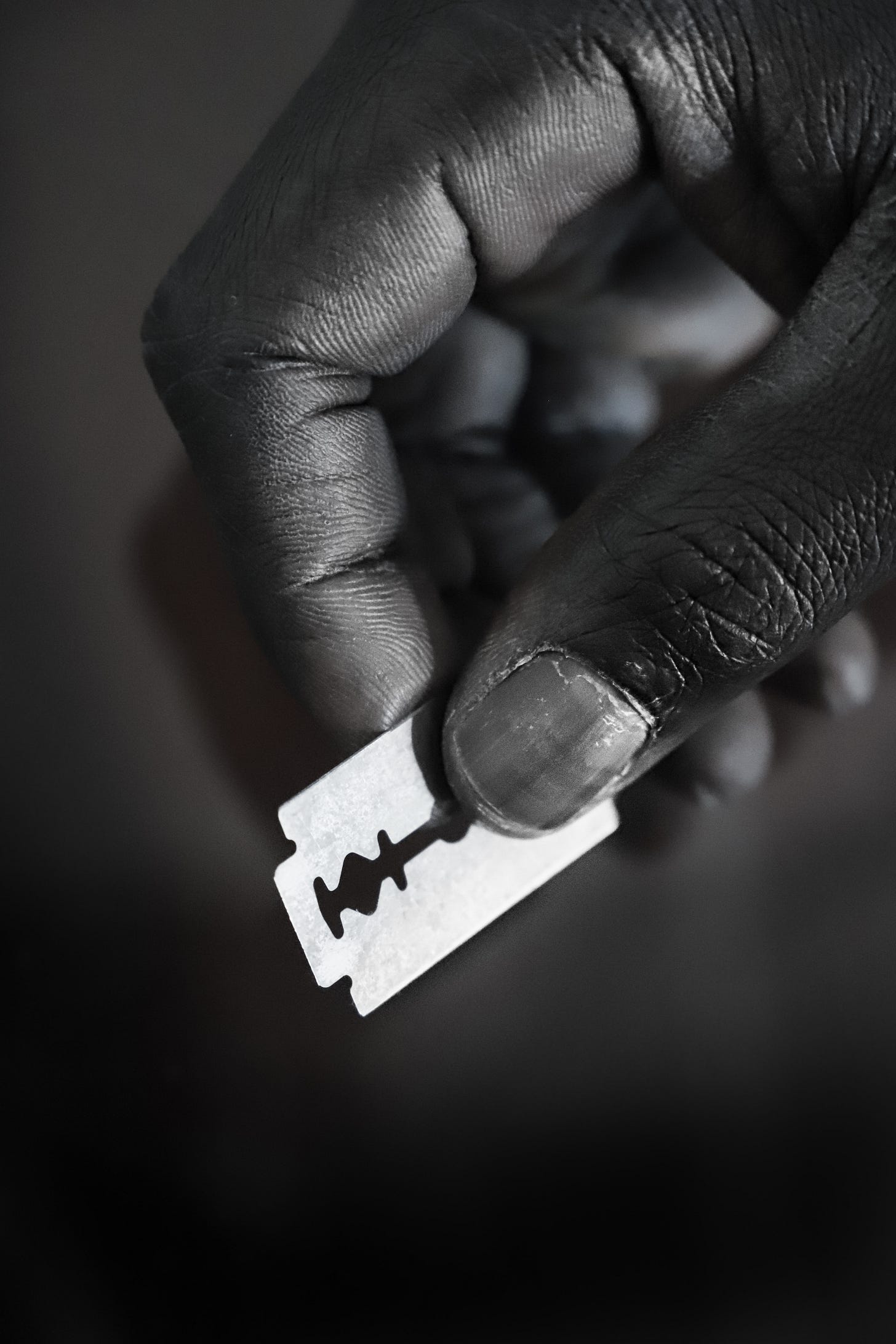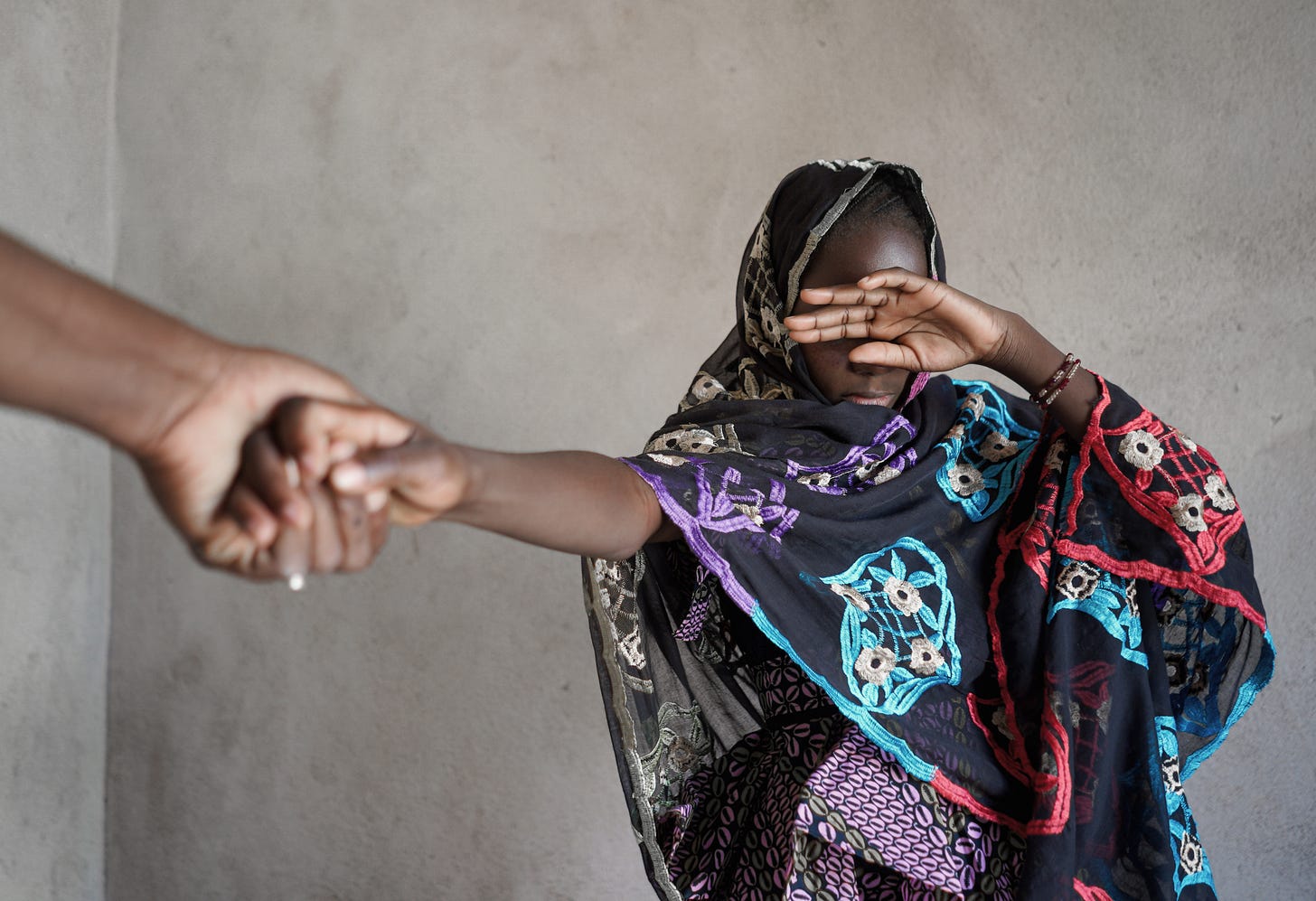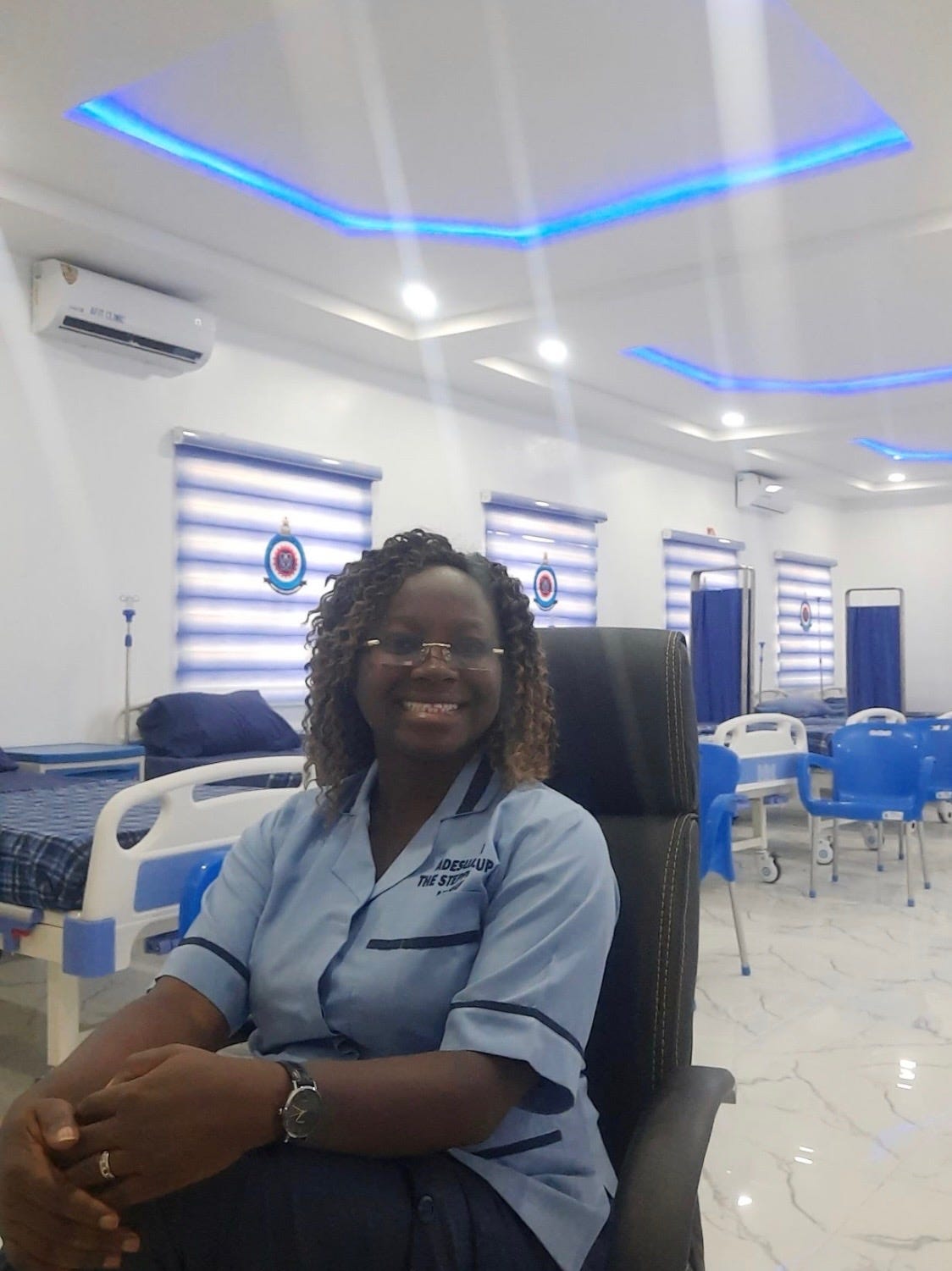FGM: 'It’s still a public health concern' for England
Activist and midwife shares her views as NHS 2022 figures show over 3,000 newly recorded cases of female genital mutilation

Female genital mutilation (FGM) is an outdated cultural practice which predates all major religions. According to The World Health Organisation, more than 200 million women and girls have undergone the violent act, putting their lives and wellbeing in severe danger.
FGM is categorised into four major types; each type involves the partial or total removal of external female genitalia for non-medical reasons, with no health benefits. Performing, or assisting, in any type of FGM has been a criminal act in the UK since 1985. The law was then strengthened under the FGM Act in 2003, to prevent girls from leaving the UK to undergo the dangerous procedure abroad.
In 2014, the UK’s department of Health and Social Care launched a new initiative to improve the way that health care professionals tackle and treat the horrifying practice which threatens the lives of so many girls globally. The FGM Prevention Programme, was backed by £1.4 million, and aimed to ‘care, protect, and prevent’.
However, in 2022, 3,155 women and girls, across England, were newly recorded by the NHS as victims. The FGM Enhanced Dataset was launched in 2015, since then, about 32,740 survivors have been identified.

Each year, four reports are published detailing NHS data on FGM victims in England. The reports show which regions in the UK have treated the most cases, as well as the type of FGM that was discovered and where the victims were born.
Through combining each report from 2022, it is clear that health services within London and the Midlands have reported the most cases, while the East of England have reported the least.Despite it now being eight years since the launch of the new imitative, the most recent report revealed that 50 of the victims had the procedure performed on them in this country. This therefore raises questions over how effective the Prevention Programme really is.

In 2019, eight FGM support clinics were opened across England, offering victims access to expert care and treatment. Now, three years later, there are 25 established NHS clinics, which offer specialised support and services. They are situated all over the country to provide a safe place for women to discuss their health needs in a sensitive, and non-judgemental space.
While so many disagree with the practice, it’s important to realise that FGM is a complex issue. Despite the harm it causes, many communities worldwide, consider the practice to be a normal way of protecting their daughters and safeguarding cultural identity.
Ingrained cultural beliefs mean that, even in the UK, many women will suffer in silence rather than accessing the support and treatment which is available. As a result, many cases of FGM will go unnoticed, often it’s not until midwife and obstetric appointments, that health professionals are able to actually identify victims.
In an interview with Adesua Oni, or “The Stepped Up Nurse” as her almost 30,000 LinkedIn followers know her, she shared her experiences as an advocate for FGM victims, providing pregnancy support and offering guidance to other health professionals. Adesua Oni is a registered nurse and midwife, who is currently working with the Federal Government of Nigeria, alongside completing a master’s degree in Liverpool and running her own NGO, The Pregnancy Support Foundation.

Adesua shared the fact that, in her experience, so many of the victims that she has treated are desperate for the practice to stop, ‘they have a bad time coping with it and a total disinterest in sexual activities since it gives them no excitement.’ As a result, she has found that many victims go on to experience devastating breakdowns in their relationships and marriages, ‘it’s always a sad tale.’ In her opinion:
‘the most common misconception is that FGM ensures that a woman remains a virgin and stays true to her partner after marriage. My evidence-based advice is that it does not help…the wicked act of removing an organ has more demerits than any perceived advantages’.
Adesua Oni believes that governments worldwide need more structured campaigns which work towards educating and enlightening the public on the life altering effects of FGM. While she understands that ‘the UK government is doing its best’, it’s important to recognise that ‘there’s space for improvement in policies against FGM’.
As an advocate for women’s health, Adesua would like to encourage victims and other health professionals to talk more, in order to “persuade people to remove [FGM] from their tradition and culture”. She has witnessed first-hand the ‘clear ignorance exhibited” by people who fail to realise that “it’s still a public health concern’. Ultimately, the mother of two daughters wants everyone to know that FGM is a crime which steals away a girl’s voice. ‘No one is better off with FGM.’
If you’re worried that someone you know is at risk (or has had) FGM then contact the NSPCC’s hotline anonymously on 0800 028 3550. Or access National FGM Support Clinics for support and advice.


